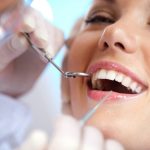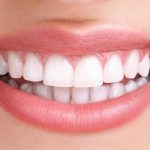Why Do I Gag When Brushing My Teeth? Understanding the Causes and Solutions
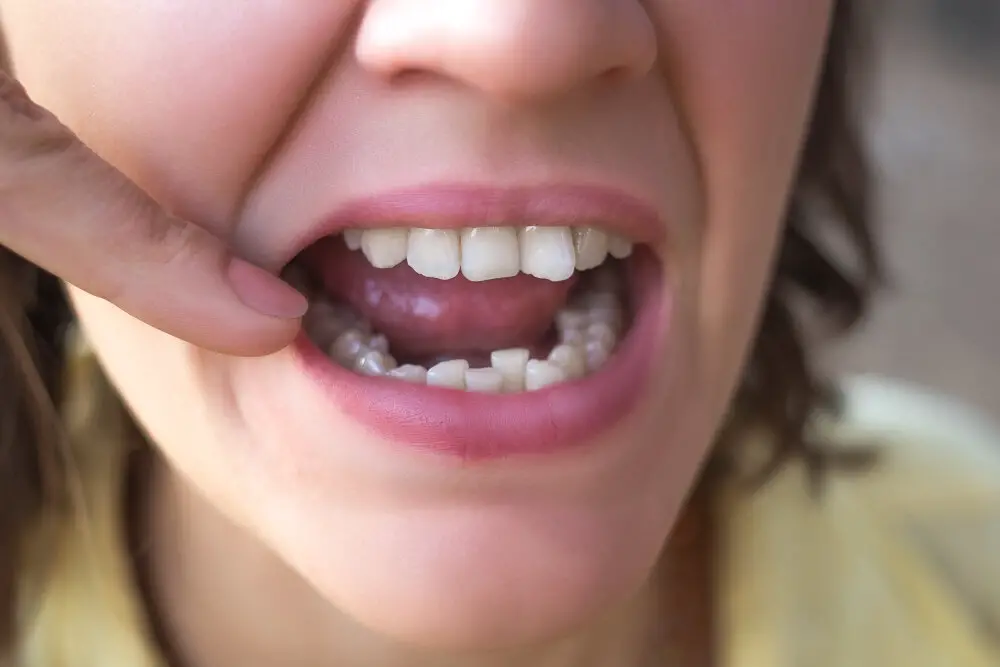
If you are someone who frequently experiences the sensation of gagging while brushing your teeth, you are not alone. This unpleasant and uncomfortable feeling can be caused by a variety of factors and can make it difficult to maintain good oral hygiene. Understanding the underlying causes of gagging while brushing, as well as potential solutions, can help you overcome this issue and ensure that you are able to effectively care for your teeth and gums. Gagging while brushing can be a frustrating experience that may cause you to avoid brushing your teeth altogether. However, this can have serious consequences for your dental health, leading to issues such as cavities, gum disease, and bad breath. Additionally, frequent gagging can be a sign of an underlying medical condition that requires treatment. By learning more about the causes of gagging while brushing and taking steps to address the issue, you can improve your oral health and overall wellbeing.
Gagging while brushing teeth is a common problem that many people experience, especially those who have a sensitive gag reflex. This reflex is the body’s natural defense mechanism to prevent foreign objects from entering the throat. However, when it becomes too sensitive, it can be triggered by something as simple as a toothbrush, causing discomfort and even vomiting. Some common causes of gagging while brushing teeth include anxiety, stress, and certain medical conditions. To alleviate this problem, it is recommended to use a smaller toothbrush, take deep breaths, and focus on breathing through the nose while brushing. Additionally, individuals can try desensitizing their gag reflex through relaxation techniques or using desensitizing gels or sprays.
Maintaining good dental hygiene, including regular brushing, is crucial for overall health and well-being. Brushing your teeth twice a day helps remove plaque and prevent the buildup of bacteria, which can lead to tooth decay, gum disease, and other oral health problems. Poor dental hygiene has also been linked to a range of medical conditions, including heart disease, diabetes, and respiratory infections. In addition to preventing these health issues, regular brushing can also help keep your breath fresh and your smile looking bright and healthy. By taking the time to care for your teeth and gums, you can protect your overall health and enjoy a lifetime of good oral hygiene.
The article titled \Why Do I Gag When Brushing My Teeth? Understanding the Causes and Solutions\ aims to investigate the underlying reasons for the common issue of gagging while brushing teeth and provide potential solutions to help individuals overcome this problem. The article delves into the various factors that contribute to gagging, such as an overactive gag reflex, anxiety, and certain dental conditions. Additionally, the article offers practical tips and techniques to reduce or eliminate gagging, including relaxation exercises, breathing techniques, and the use of specialized dental products. Overall, the article provides a comprehensive look at this common issue and provides actionable steps for individuals to improve their oral hygiene routine.
Causes of Gagging While Brushing Teeth
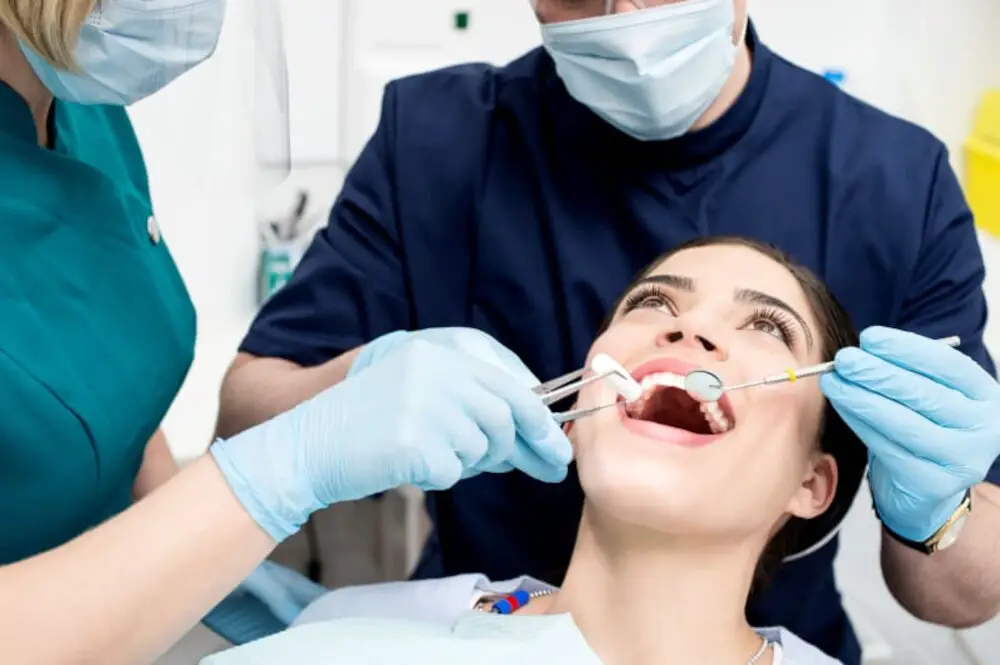
Gagging while brushing teeth is not an uncommon experience. In fact, it is quite common, especially among people with sensitive gag reflexes. The gag reflex is a natural defense mechanism that prevents foreign objects from entering the throat. When something touches the back of the throat, the reflex triggers a contraction of the muscles in the back of the throat, causing a gagging sensation. However, when this reflex is overactive, it can become a problem, causing discomfort and even nausea. The most common cause of gagging while brushing teeth is the toothbrush’s bristles stimulating the gag reflex. The back of the tongue and the roof of the mouth are particularly sensitive areas, and brushing these areas can trigger the gag reflex. Additionally, people who have a sensitive gag reflex may find it difficult to brush their molars, as these teeth are located farther back in the mouth, making it challenging to reach them. Another cause of gagging while brushing teeth is using too much toothpaste. Toothpaste contains ingredients like flavors, foaming agents, and astringents that can irritate the back of the throat, triggering the gag reflex. Similarly, mouthwashes and rinses can also cause gagging, as they contain strong flavors and chemicals that can irritate the throat. Some people are particularly sensitive to these ingredients, and even a small amount can cause discomfort. Additionally, anxiety and stress can also trigger the gag reflex. When people are anxious or stressed, their muscles tense up, including the muscles in the throat. This tension can make the gag reflex more sensitive, making it easier to trigger. Therefore, it is essential to find ways to manage stress and anxiety to reduce the likelihood of gagging while brushing teeth.
The gag reflex, also known as the pharyngeal reflex, is a protective mechanism of the body that helps prevent choking and aspiration of foreign objects. The anatomy of the gag reflex involves a complex interaction between the sensory nerves in the mouth, throat, and back of the tongue, as well as the motor nerves that control the muscles involved in swallowing and breathing. When triggered, the reflex causes a series of involuntary contractions in the muscles of the throat and mouth, which can lead to the sensation of nausea and even vomiting. The gag reflex is typically triggered by the stimulation of the back of the tongue, the roof of the mouth, or the soft palate, but it can also be triggered by other factors such as anxiety or a hypersensitive gag reflex.
Certain oral conditions or abnormalities can lead to increased sensitivity in the mouth. For instance, gum recession can expose the sensitive roots of the teeth, leading to discomfort when brushing or consuming hot or cold foods and drinks. Tooth decay and erosion can also cause sensitivity by exposing the inner layers of the tooth, which contain nerves and blood vessels. Additionally, dental procedures such as teeth whitening or root canals can cause temporary sensitivity. It is important to address any oral conditions or abnormalities promptly to prevent discomfort and further damage to the teeth and gums.
Anxiety and stress can play a significant role in gagging while brushing teeth. When a person is anxious or stressed, their body responds by increasing muscle tension, including the muscles in the throat and mouth. This tension can make the gag reflex more sensitive, causing even mild stimulation to trigger the reflex. Additionally, anxiety and stress can cause a person to breathe more shallowly, which can also increase the likelihood of gagging while brushing. It is important to address the underlying anxiety or stress to reduce the likelihood of gagging while brushing. Techniques such as deep breathing, meditation, and cognitive-behavioral therapy can be helpful in managing anxiety and reducing the gag reflex.
Certain medications or medical treatments may come with potential side effects. For instance, some antibiotics may cause nausea or upset stomach, while chemotherapy can cause hair loss, fatigue, and weakened immune system. Dental anesthesia can cause soreness or numbness in the mouth or tongue. Moreover, some medications may interact with each other, leading to adverse effects. It’s important to consult with a doctor or dentist about any concerns or side effects experienced during medical treatments, as they may be able to recommend alternative options or adjust dosages to minimize discomfort.
Solutions to Prevent Gagging While Brushing Teeth
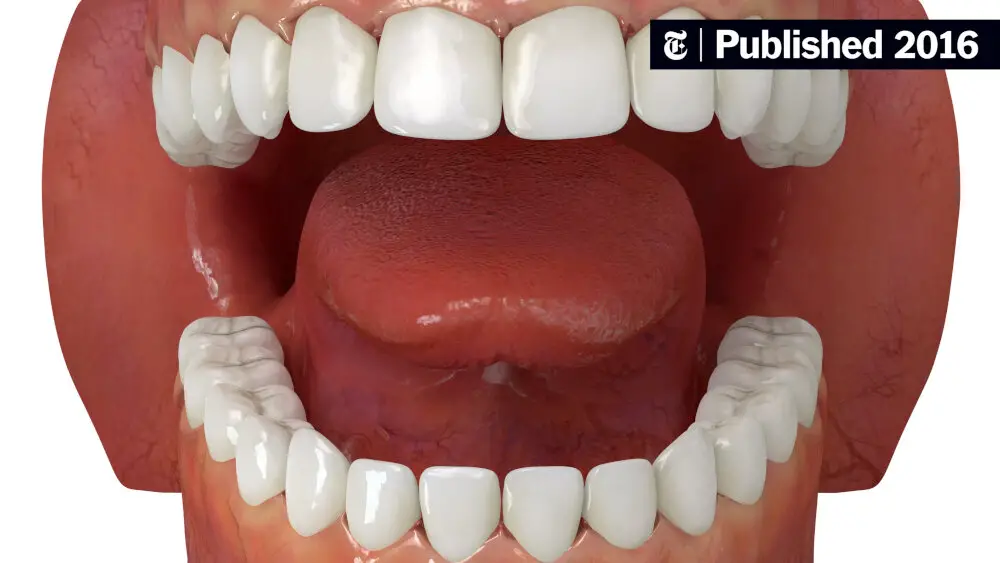
Gagging while brushing teeth can be a frustrating and unpleasant experience. Fortunately, there are several solutions that can help prevent this issue. One solution is to try using a smaller toothbrush head. This can help reduce the amount of stimulation that occurs in the back of the mouth, where the gag reflex is triggered. Additionally, using a toothbrush with softer bristles can help reduce irritation and make brushing more comfortable. Another solution is to try breathing through the nose while brushing, as breathing through the mouth can increase the likelihood of gagging. Another solution to prevent gagging while brushing teeth is to use distraction techniques. This could involve listening to music or watching a video while brushing, which can help take the focus off the sensation of brushing and reduce the likelihood of triggering the gag reflex. Additionally, using a numbing spray or gel before brushing can help reduce sensitivity in the mouth, making it easier to brush without gagging. Finally, practicing relaxation techniques such as deep breathing or meditation can help reduce overall stress and anxiety, which can make it easier to tolerate brushing without gagging. By trying these different solutions, individuals can find the approach that works best for them and enjoy a more comfortable brushing experience.
Desensitizing the gag reflex can be challenging, but there are a few tips that can make it easier. Gradual exposure is one of the most effective techniques, in which you gradually increase the size of the toothbrush or the amount of toothpaste used over time. This allows your body to adjust to the sensation and reduces the likelihood of triggering the gag reflex. Distraction techniques can also be helpful, such as humming a song or focusing on your breathing. Additionally, practicing relaxation techniques like meditation or deep breathing can help reduce anxiety and tension, which can exacerbate the gag reflex. With patience and persistence, desensitizing your gag reflex can become easier and more manageable.
Proper toothbrush size and technique are crucial for maintaining good oral hygiene and preventing dental problems. Using a toothbrush that is too big or too small can make it difficult to reach all areas of the mouth and effectively remove plaque and food particles. Additionally, using the correct brushing technique ensures that teeth and gums are cleaned thoroughly without causing damage. For example, brushing too hard or using a back-and-forth motion can cause gum recession and enamel erosion. It is important to use gentle circular motions and to make sure to brush all surfaces of the teeth, including the fronts, backs, and chewing surfaces. By using the proper toothbrush size and technique, individuals can maintain a healthy mouth and avoid problems such as tooth decay, gum disease, and bad breath.
In addition to traditional toothbrushes and floss, there are a variety of alternative oral hygiene tools available to help maintain optimal dental health. Tongue scrapers, for example, are specifically designed to remove bacteria and debris from the surface of the tongue, which can contribute to bad breath and other oral health issues. Water flossers, on the other hand, use a targeted stream of water to clean between teeth and along the gum line, helping to prevent the buildup of plaque and tartar. These tools can be particularly helpful for individuals who struggle with gag reflexes or other issues that make traditional brushing and flossing difficult or uncomfortable. Incorporating these alternative tools into your oral hygiene routine can help to ensure that your teeth and gums remain healthy and strong for years to come.
For those experiencing severe anxiety or stress-related gagging episodes, relaxation techniques and therapy can be incredibly helpful. Some effective relaxation techniques include deep breathing exercises, progressive muscle relaxation, and visualization techniques. Additionally, therapy options such as cognitive-behavioral therapy can help individuals identify and address the underlying causes of their anxiety and develop coping strategies. Mindfulness meditation and yoga are also beneficial practices that promote relaxation and reduce stress. It’s important to seek professional help to determine the best approach for managing anxiety and stress-related gagging episodes.
Preventing Gagging in Children
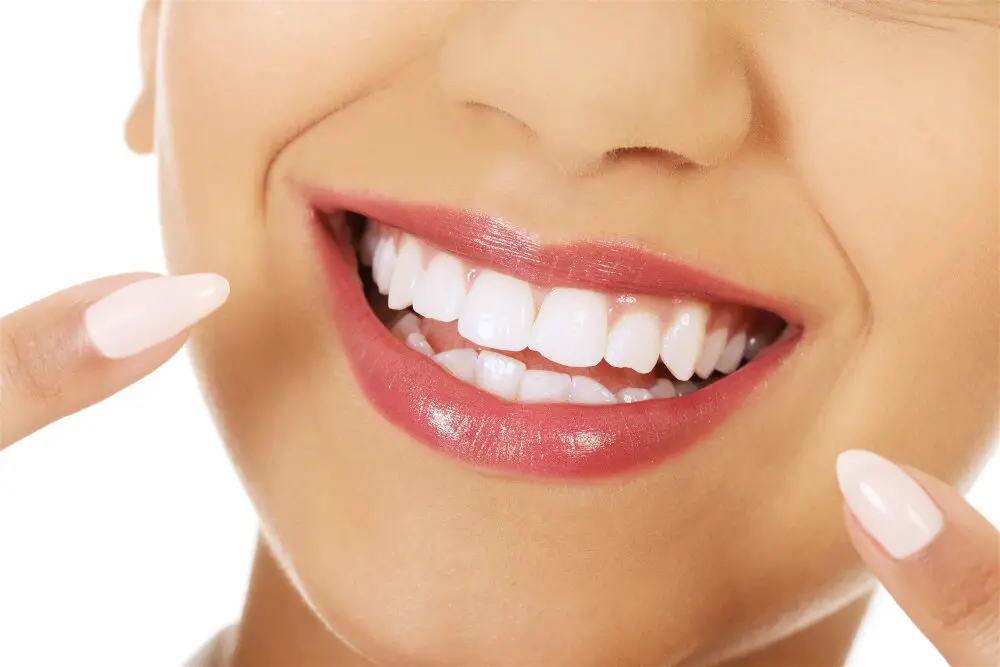
Gagging in children can be a common occurrence, especially when it comes to brushing their teeth. However, there are several ways to prevent this unpleasant experience. One effective method is to use a small toothbrush or a finger brush that fits comfortably in their mouth. This can help to reduce the amount of stimulation to the gag reflex. Additionally, using a toothpaste with a mild flavor can also help to reduce the likelihood of gagging. Another way to prevent gagging in children is to teach them proper breathing techniques. Often, children may hold their breath while brushing their teeth, which can trigger the gag reflex. Encouraging them to take deep breaths through their nose and exhaling slowly through their mouth can help them to relax and reduce the likelihood of gagging. It is also important to ensure that children are brushing their teeth in a comfortable position, such as standing or sitting upright, as this can also help to reduce the likelihood of gagging. By implementing these strategies and making brushing teeth a positive experience, parents can help their children to maintain good oral hygiene without the discomfort of gagging.
It is common for children to experience gagging while brushing their teeth, which can be attributed to their immature gag reflexes. The gag reflex is a protective mechanism that helps prevent choking by triggering the body to expel any object that is perceived as a threat to the airway. In children, this reflex is not fully developed, and as a result, they may be more sensitive to the sensation of toothbrush bristles or the taste of toothpaste. This can lead to an unpleasant and uncomfortable experience for children when brushing their teeth, which can cause them to avoid this essential hygiene practice altogether. Parents can help their children overcome this issue by using child-friendly toothbrushes and toothpaste, and gradually introducing them to the sensation of brushing over time.
Making brushing more comfortable and less stressful for children requires patience and understanding. First, make sure that the toothbrush is appropriate for the child’s age and size, and use a toothpaste that is specifically designed for children. Let the child pick out their own toothbrush and toothpaste to make it more fun and exciting. Encourage them to brush their teeth in front of a mirror so they can see what they are doing and make it into a game. Use positive reinforcement such as praise or rewards, and make sure to explain the importance of brushing to maintain healthy teeth and gums. Also, try to avoid rushing or forcing the child to brush their teeth, as this can cause anxiety and discomfort. By following these tips, you can help make brushing a positive experience for children and encourage good oral hygiene habits.
Introducing dental hygiene early and establishing good habits are crucial for maintaining good oral health. By teaching children proper brushing and flossing techniques, they can prevent tooth decay and cavities. It also helps to prevent gum disease, which can lead to more severe health problems such as heart disease and diabetes. Additionally, establishing good dental habits early on can help children maintain healthy teeth and gums as they age, preventing the need for extensive dental work in the future. It’s important to promote good dental hygiene practices from a young age to ensure that children develop healthy habits that will last a lifetime.
Gagging while brushing teeth is a common problem that affects many people. The main causes of this issue include a sensitive gag reflex, the use of the wrong type of toothbrush, brushing too hard or too fast, and using too much toothpaste. To combat this problem, there are several solutions available. One solution is to use a smaller toothbrush, which can reduce the amount of pressure applied to the back of the tongue. Additionally, taking deep breaths and relaxing the muscles in the throat can help to reduce the gag reflex. Another option is to switch to a toothpaste that is less foamy and has a milder flavor, which can be less irritating to the back of the throat. Overall, by understanding the causes of gagging while brushing teeth and implementing the right solutions, individuals can overcome this problem and maintain a healthy oral hygiene routine.
Persistent or severe gagging episodes during brushing can be a sign of an underlying medical or dental condition. It is essential to seek dental and medical advice to identify the root cause of the issue and receive proper treatment. Ignoring the problem can lead to more severe complications, including damage to the teeth and gums, difficulty in eating and drinking, and an impaired quality of life. Seeking professional help can also help alleviate anxiety and fear associated with gagging, making it easier to maintain good oral hygiene practices. Therefore, it is crucial to prioritize seeking dental and medical advice to address the issue promptly and effectively.
Maintaining good dental hygiene is crucial for preventing various oral health problems such as gum disease, cavities, and bad breath. However, some people may experience discomfort and even gag reflexes while brushing their teeth. Although it can be challenging to overcome this issue, it is crucial to prioritize dental hygiene and find ways to manage the discomfort. There are various solutions available, such as using a smaller toothbrush, changing the brushing technique, or using a tongue scraper. Neglecting dental hygiene due to gagging can lead to more severe dental problems down the line. Therefore, it is essential to find a solution that works best for you and prioritize oral health.
Conclusion
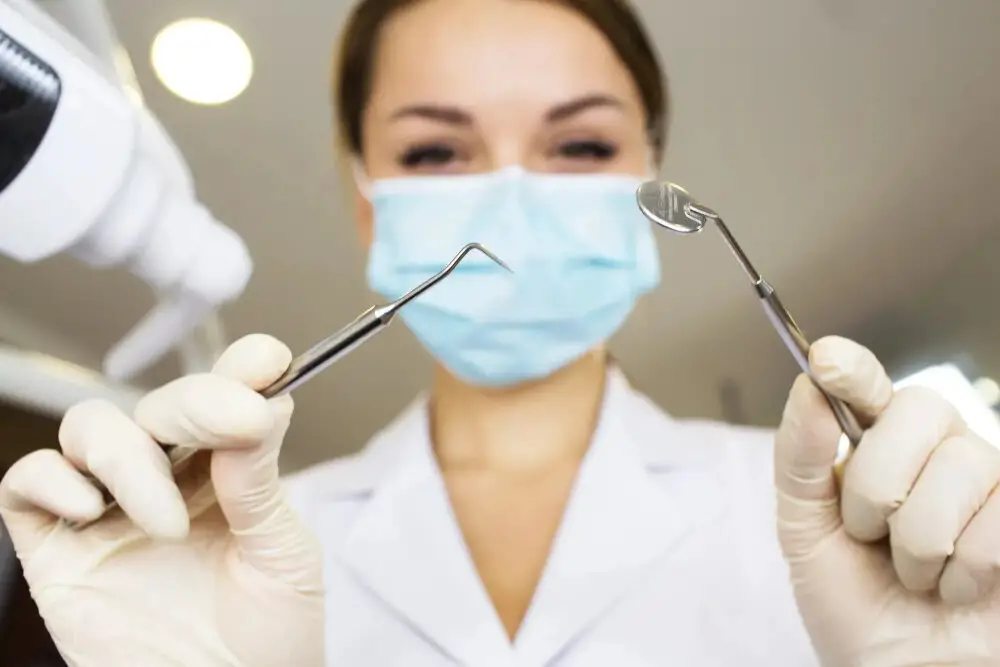
In conclusion, gagging while brushing teeth is a common problem that affects many individuals. The causes of this reflex can range from psychological factors to physical sensitivity in the throat area. However, there are several simple solutions that can help alleviate this issue, such as changing the brushing technique, using a smaller toothbrush head, or distracting oneself with music or a TV show. It is important to understand the underlying causes behind this issue and experiment with different solutions to find what works best for you. By taking these steps, you can ensure that your dental hygiene routine is both effective and comfortable.

